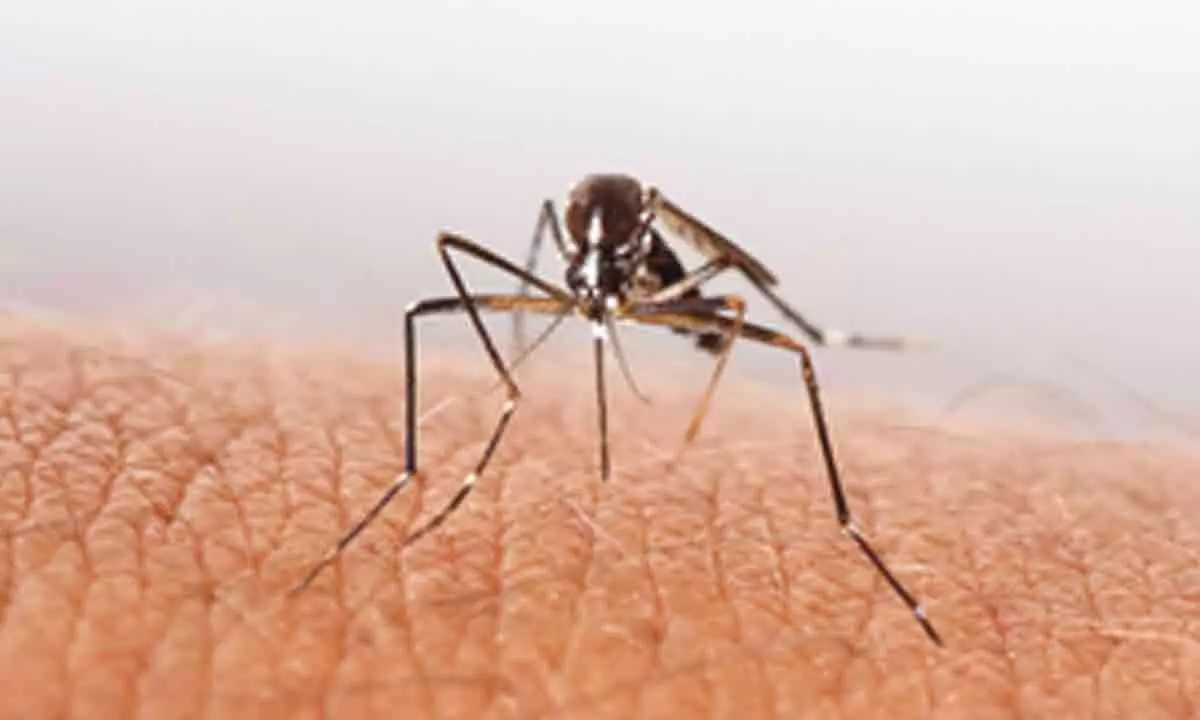Protein from mosquitoes could help control dengue virus infection
Share :

Scientists have found a protein in the Aedes aegypti mosquitoes that could one day help prevent and control the infection from dengue virus.
Singapore: Scientists have found a protein in the Aedes aegypti mosquitoes that could one day help prevent and control the infection from dengue virus.
Dengue virus – from the genus flavivirus – causes dengue fever in humans and is spread from a bite of an infected female Aedes aegypti mosquito.
In 2023, over 5 million cases of dengue fever were reported globally. Currently, there is no specific treatment for dengue fever and the only dengue vaccine available, namely Dengvaxia, is for children who have previously been infected with dengue virus and living in areas where dengue is common.
The team from the National University of Singapore (NUS) revealed the structure and function of a pupal cuticle protein found in the exoskeleton -- a hard covering that supports and protects the bodies of some types of invertebrate animals, especially arthropods -- of Aedes aegypti mosquitoes.
The findings, which were published in Protein Science, suggest the potential of this cuticle protein as a target for developing innovative methods to control dengue virus infection.
"The findings indicate that pupal cuticle protein is a potential target for developing inhibitors or antibodies to control dengue virus infection," said Professor J Sivaraman, from the Department of Biological Sciences under the NUS Faculty of Science.
"These insights contribute to understanding the molecular dynamics of mosquito-virus interactions and open avenues for novel antiviral strategies," he added.
Previous research has found that cuticle proteins from Aedes aegypti play a part in blocking infection of mosquito-borne viruses, such as Zika virus and West Nile virus, by interacting with the proteins on the surface of these viruses.
To begin exploring the role of the cuticle protein in inhibiting dengue virus infection, the NUS scientists employed a technique known as Nuclear Magnetic Resonance (NMR) spectroscopy which uses a powerful magnetic field to analyse the molecular structure of the cuticle protein, and found that the protein takes on a disordered structure.
Further examination of the molecular interactions between the cuticle protein and dengue virus prompted the NUS team to suggest that it blocks dengue virus infection. The next step for these researchers is to identify how pupal cuticle proteins prevent dengue virus infection in mosquitoes and mammals, and to explore the possibility of pupal cuticle proteins as a new antiviral strategy not only against dengue virus but also in other flaviviruses like West Nile virus and yellow fever virus.








